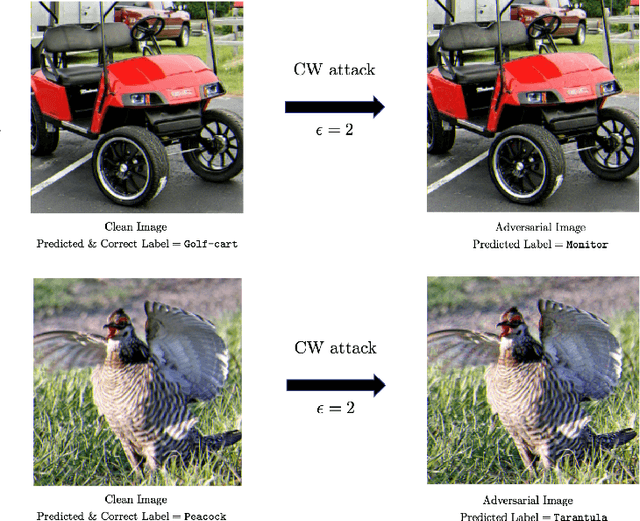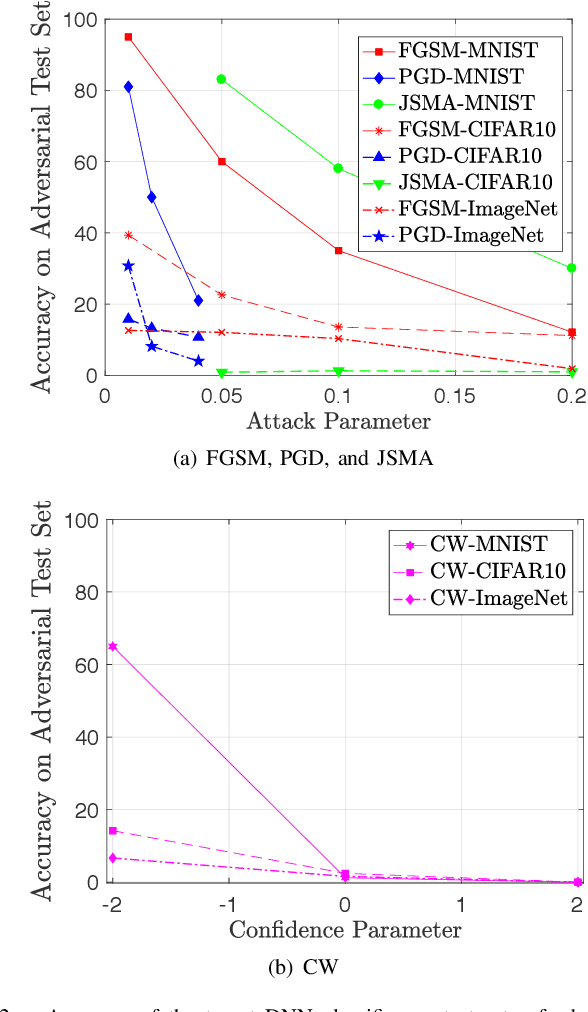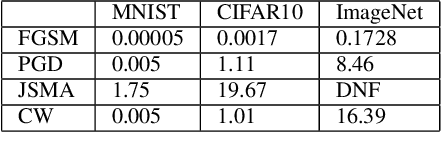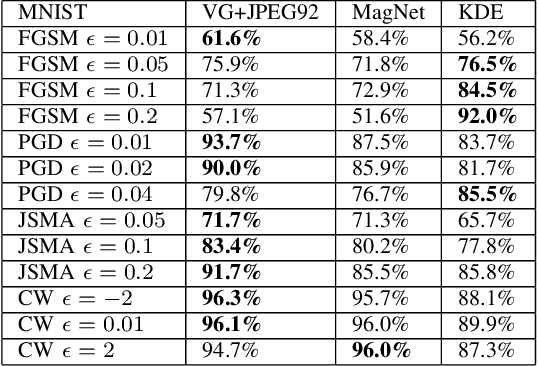Taylor Carpenter
Confidence Composition for Monitors of Verification Assumptions
Nov 03, 2021

Abstract:Closed-loop verification of cyber-physical systems with neural network controllers offers strong safety guarantees under certain assumptions. It is, however, difficult to determine whether these guarantees apply at run time because verification assumptions may be violated. To predict safety violations in a verified system, we propose a three-step framework for monitoring the confidence in verification assumptions. First, we represent the sufficient condition for verified safety with a propositional logical formula over assumptions. Second, we build calibrated confidence monitors that evaluate the probability that each assumption holds. Third, we obtain the confidence in the verification guarantees by composing the assumption monitors using a composition function suitable for the logical formula. Our framework provides theoretical bounds on the calibration and conservatism of compositional monitors. In two case studies, we demonstrate that the composed monitors improve over their constituents and successfully predict safety violations.
VisionGuard: Runtime Detection of Adversarial Inputs to Perception Systems
Feb 23, 2020



Abstract:Deep neural network (DNN) models have proven to be vulnerable to adversarial attacks. In this paper, we propose VisionGuard, a novel attack- and dataset-agnostic and computationally-light defense mechanism for adversarial inputs to DNN-based perception systems. In particular, VisionGuard relies on the observation that adversarial images are sensitive to lossy compression transformations. Specifically, to determine if an image is adversarial, VisionGuard checks if the output of the target classifier on a given input image changes significantly after feeding it a transformed version of the image under investigation. Moreover, we show that VisionGuard is computationally-light both at runtime and design-time which makes it suitable for real-time applications that may also involve large-scale image domains. To highlight this, we demonstrate the efficiency of VisionGuard on ImageNet, a task that is computationally challenging for the majority of relevant defenses. Finally, we include extensive comparative experiments on the MNIST, CIFAR10, and ImageNet datasets that show that VisionGuard outperforms existing defenses in terms of scalability and detection performance.
 Add to Chrome
Add to Chrome Add to Firefox
Add to Firefox Add to Edge
Add to Edge